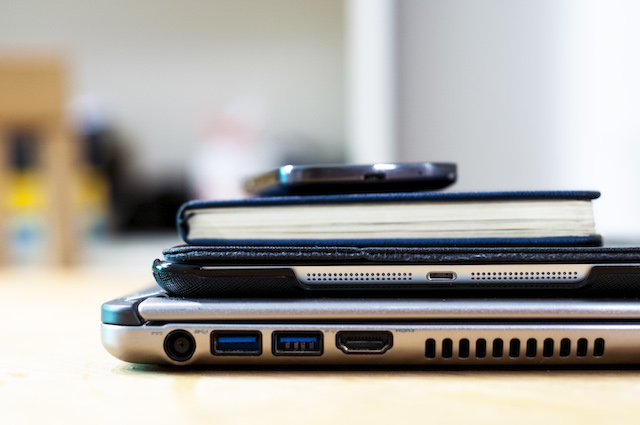You have a test on the horizon. It’s a big one, and you know you need to hit the books. Not sure where or how to begin? Don’t panic! Learn how to study for a test, step-by-step.

1. Ask the right questions
You don’t want to walk in on test day unprepared for what you're about to face. Try to get the answers to these crucial questions before you start studying.
Questions to ask before a test
- What material will the test cover?
- Will there be an exam review session during class?
- Will there be after-school opportunities for more review?
- What is the format of the exam? Multiple-choice? Short answer? Will there be essays to write?
- How many points is the exam worth?
- Do you have specific study tips to help me prepare? (After all, your teacher knows your work the best!).
2. Sort out your schedule
You can actually spend less time studying for your exam if you start with a great game plan. Make a list of what topics you need to cover and when you’re going to cover them. Start your study schedule as early as possible (usually a few weeks before your test), and figure out how much time you’ll need to study each day to stay on track.
3. Grab your gear
Gather up all your class notes, quizzes, handouts and worksheets. Your previous homework will help you see what your teacher thinks is important. (Plus, you can learn from your past quiz mistakes).
4. Study smarter
Instead of memorizing all your notes, prioritize what you’ll study. Start with what will definitely be on the the test, then what will probably be on the test, and finally what might be on the test. That way, if you run out of time, you know you at least have the essentials covered. By starting with the toughest material first, you have time to ask your teacher questions or get help from our tutors.
5. Mix it up
Now that you know WHAT you need to study, figure out the best way to review and internalize what you predict will be on the exam. Make flashcards for history class, outline your biology notes, record yourself practicing your French accent—whatever you need to do to get ready. Check out our favorite “outside of the box” study methods.
Read More: 10 Steps to Ace Your Next Test
6. What keeps you motivated?
Study groups can help you study more efficiently for exams. Make a plan with friends to review the class material together, share and compare notes, or work through tricky concepts. Or, reward yourself for each study session with something small (even if it’s just a TV break) to help you stay focused.
7. Sleep still matters
An all-nighter might sound like a good idea, but a restful night’s sleep is actually the key to your success. Start a healthy sleep routine in the weeks leading up to your exam, so you’ll be fresh and ready for test day. (But if you do happen to need some midnight study help, our on-demand tutors are there for you.)
8. Bring what you’re supposed to bring
Find out what you’re allowed to bring to the exam, and make sure you don’t leave anything essential at home. Many teachers will let you bring a calculator to math or science exams. Some classes may even hold open textbook or open notes exams. Stash pens, papers, and extra paper in your bag, so you’re ready for anything.
Stuck on how to study for exams?
Try an online tutoring session with one of our experts, and get help in 40+ subjects.
Explore Colleges For You
Connect with our featured colleges to find schools that both match your interests and are looking for students like you.
Get Started on Athletic Scholarships & Recruiting!
Join athletes who were discovered, recruited & often received scholarships after connecting with NCSA's 42,000 strong network of coaches.
Best 389 Colleges
165,000 students rate everything from their professors to their campus social scene.







